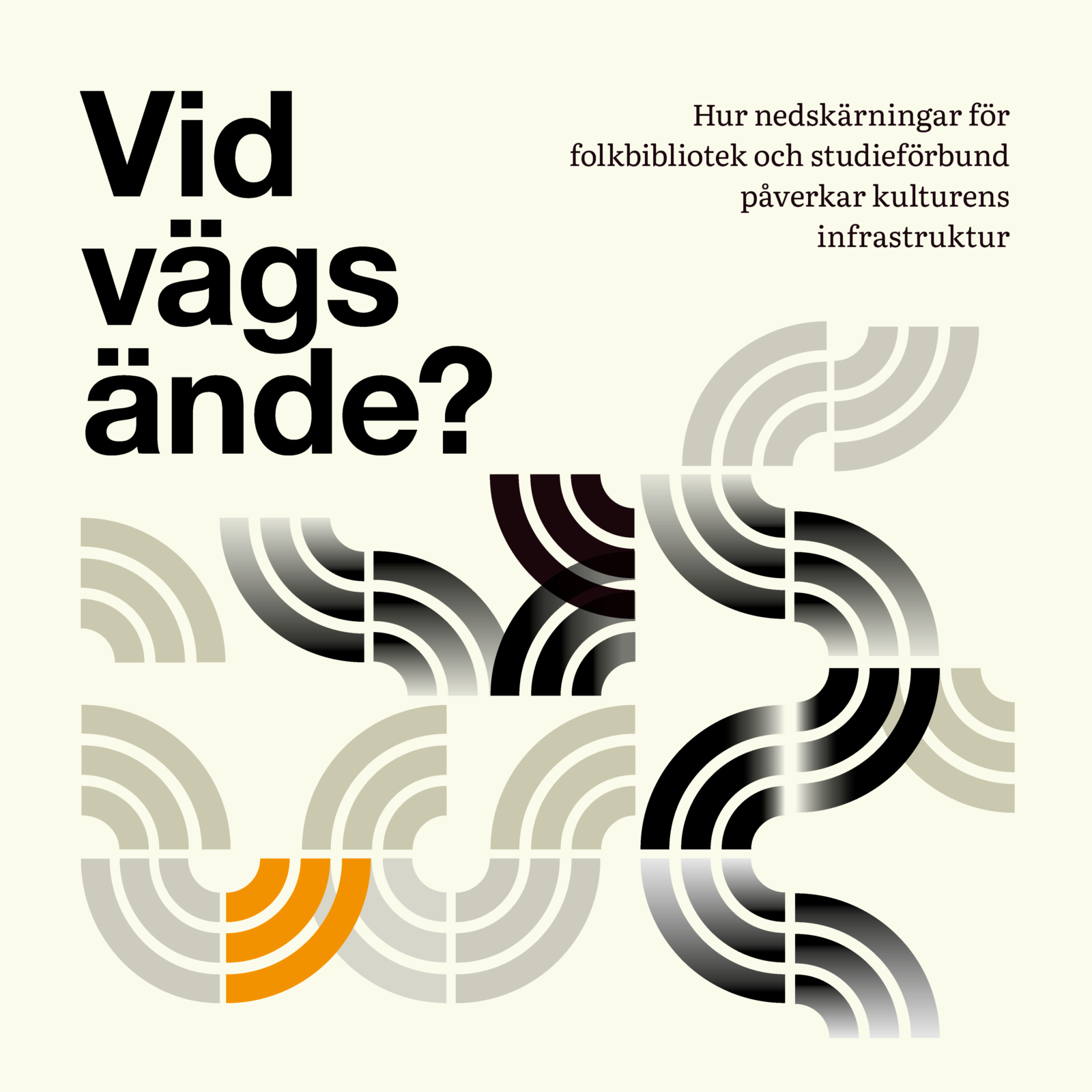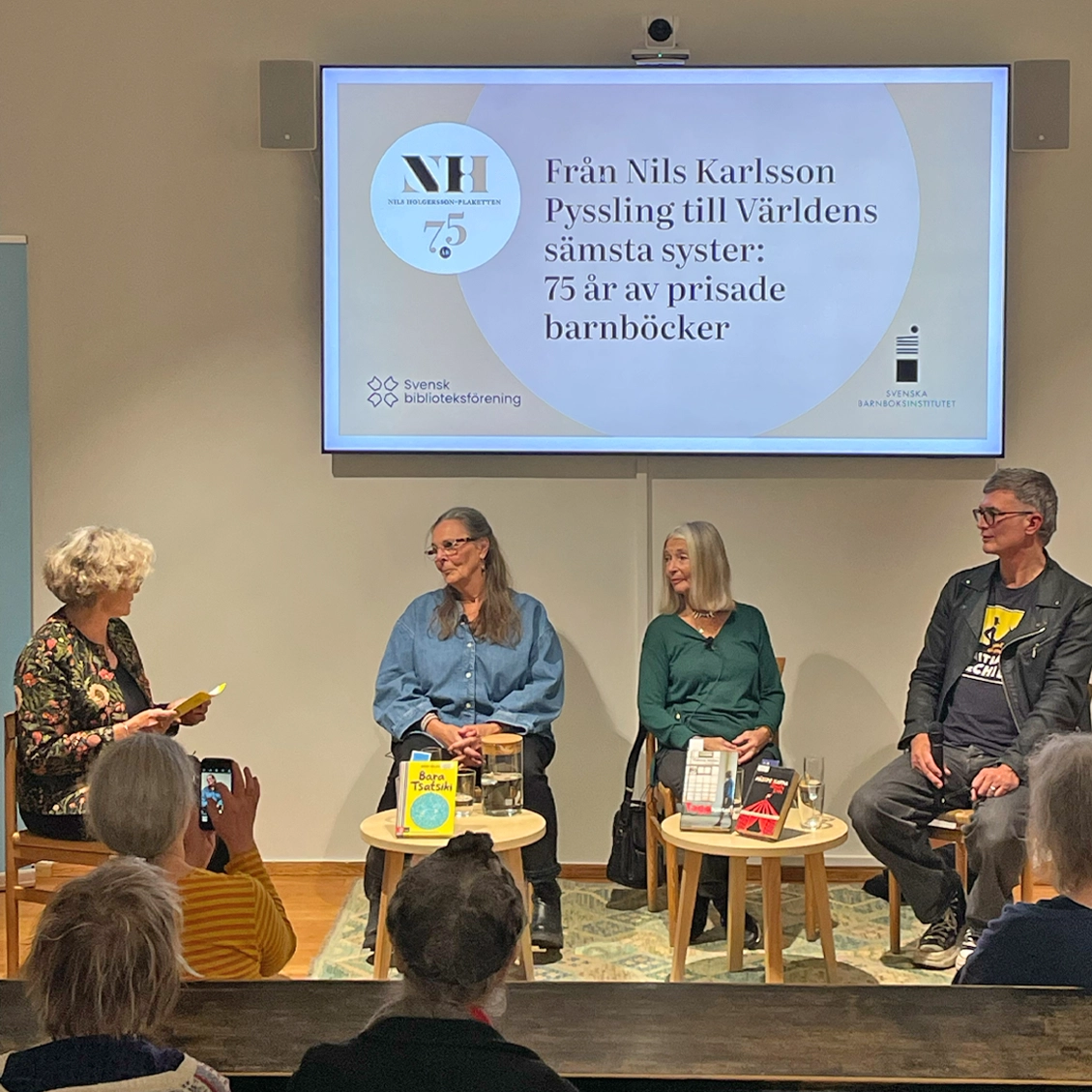Under Biblioteksdagarna 2025 kommer huvudtalare R. David Lankes, professor i biblioteks- och informationsvetenskap vid University of Texas, att prata om bibliotekssektorn då, nu och i framtiden, utifrån sin bok ”The Atlas of New Librarianship”.
R. David Lankes gör ett kärt återbesök på Biblioteksdagarna 2025 som äger rum den 21–22 maj i Borås. För snart 15 år sedan, 2011, höll han i en uppskattad föreläsning på konferensen och nu följer han upp det med ett samtal där han blickar tillbaka på och reflekterar över vad som har hänt sedan dess. Vad stämde, vad stämde inte, och finns det något nytt att säga? Han deltar via länk under konferensen. Programpunkten hålls på engelska.
– I am a huge supporter of librarianship in Sweden. It has been an honor to visit and talk with the community there. I wish I could be there in person, but I’ll take any opportunity I have to connect, says David Lankes.
”These are dangerous times for people who seek truth”
A lot has happened since R. David Lankes last attended Biblioteksdagarna; politicians have come and gone, artificial intelligence has taken a huge leap in a short amount of time, and so on. R. David Lankes observes two big changes for libraries in general during this vast amount of time.
– The first shift is that libraries all over the world have shifted from a focus on collections to a focus on communities. For some folks this is a change just in emphasis, but for some it is a radical realignment of the profession. The second shift is a bit darker. I’ve seen librarians respond to a seeming global shift to populism that challenges democratic principles. Librarians that may have suffered from benign neglect are now seeing that common myths around neutrality are just that – myths. In the US we see loud portions of the community threatening libraries and seeking outright censorship. Around the world we see fundamental values around access and inclusivity are becoming politicized and endangered. These are dangerous times for people who seek truth.
In his keynote R. David Lankes will revisit how the thoughts in his book ”Atlas of New Librarians” hold up, but also how these thoughts might be helpful while dealing with current issues.
– We know a lot more about centering librarianship on knowledge and community. However, I would like to spend time on how those ideas can give us a path to deal with the present with AI and populism and democracy.
”Nostalgia can be weaponized”
Regarding AI and libraries, R. David Lankes sees both pros and cons within the field. AI, he points out, can for example be used internally in processes. Another way AI can be practical for libraries is to use it externally to train the community and demonstrate the value of workforce development to elected leaders.
– For me the biggest challenge is to rethink literacy and AI literacy from the ground up. The AI literacy we need is not about prompt engineering or large language models, it is on supporting a community where all the information they encounter, from books to images, are suspect. What kind of load is put on a people who can see anything as “fake AI?” How do we support a community where trust is lost?
The theme of Biblioteksdagarna 2025 is ”Back to the future”. For R. David Lankes the theme entails nostalgia – not only in a good way.
– John Palfrey once said that nostalgia is the biggest challenge in librarianship. He was talking about how the public’s view of libraries were founded in their youth, and you simply can’t run a library that meets a decade old view of libraries from a child’s perspective. Nostalgia can be weaponized as we are seeing in my country. People wanting the simplicity of things in the past, but ignoring that the past was also the place of horrible injustices, and was never as great as they imagine. So what I hope ”back to the future” means is using a critical eye on the past to inspire action that betters society in the future.




